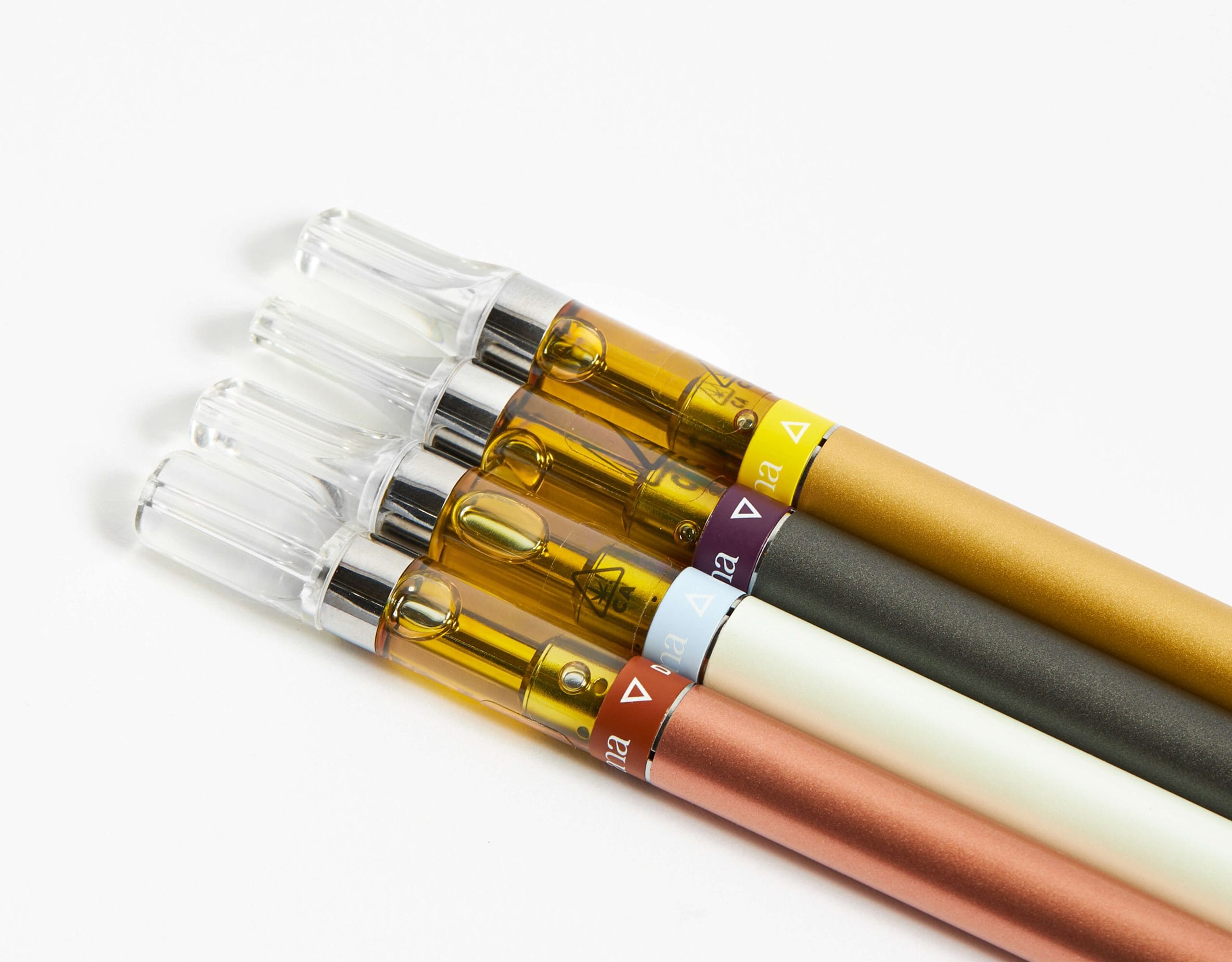Client Experiences with Big Chief Carts: Insights and Comments
Client Experiences with Big Chief Carts: Insights and Comments
Blog Article
The Environmental Effect of Non Reusable Carts: What Cannabis Users Need to Know
The surge in cannabis intake has actually corresponded with a startling increase in the usage of disposable vape cartridges, a fad that positions substantial environmental difficulties. As understanding grows relating to the eco-friendly implications of these options, marijuana customers should examine their usage behaviors and think about the broader effects of their preferences.
Understanding Disposable Vape Carts
These gadgets usually consist of a pre-filled cartridge consisting of marijuana oil, a battery, and a heating component. This combination allows users to breathe in evaporated cannabis without the requirement for burning, which is usually perceived as a cleaner option to traditional smoking.
However, the comfort of disposable vape carts includes significant considerations. When diminished, these cartridges are regularly thrown away, adding to lose streams. The products utilized in their building and construction position obstacles for recycling and biodegradation, as lots of elements do not easily break down in natural settings. Additionally, the lithium-ion batteries can be harmful if not thrown away correctly, as they might leakage toxic substances right into the setting.
Ecological Repercussions of Plastic
Plastic air pollution has emerged as among the most important environmental challenges of our time. The production and disposal of plastic products, including disposable cannabis carts, add dramatically to this situation. Around 300 million loads of plastic are created every year, with a considerable part discovering its means into land fills and natural ecosystems.

Beyond wildlife, plastics additionally add to dirt and water contamination, as toxic ingredients and chemicals seep into the environment. The energy-intensive procedures involved in plastic production aggravate environment adjustment by releasing greenhouse gases.
As marijuana users progressively turn to disposable carts for comfort, it is important to acknowledge their plastic elements and the broader implications of their usage. Addressing plastic pollution calls for collective activity and a change towards more sustainable methods, stressing the demand for choices and proper disposal techniques.

The Lifecycle of Disposable Carts
Several consumers might not recognize the complicated lifecycle of non reusable marijuana carts, which includes various phases from production to disposal. The lifecycle starts with the removal of raw products, mainly plastics and steels, which are processed and built into the elements of the cart. This manufacturing process commonly entails considerable power intake and exhausts, adding to the general carbon footprint.
When produced, these disposable carts are full of cannabis oil, frequently packaged in second products for retail circulation. Using these items normally leads to a single-use circumstance, bring about a quick boost in waste. After a customer has completed making use of a non reusable cart, it is often discarded improperly, exacerbating ecological concerns.
Furthermore, the malfunction of plastics in garbage dumps can launch dangerous substances right into the soil and water. Recognizing this lifecycle is necessary for cannabis individuals, as it highlights the environmental ramifications of their consumption options and encourages more informed decisions concerning product use.
Lasting Alternatives for Users
As environmental problems surrounding non reusable cannabis carts continue to increase, users are progressively seeking lasting alternatives that reduce eco-friendly impact. Big Chief carts. One practical choice is making use of refillable vape pens, which enable consumers to buy e-liquid or oil wholesale and re-fill their tools numerous times. This significantly decreases the quantity of plastic waste produced, as users can keep the same gadget for an extended duration
An additional lasting option is the usage of compostable or naturally degradable cartridges made from environmentally friendly materials. These items are created to break down more naturally than typical plastics, therefore minimizing their unsafe results on the setting. In addition, some business are currently offering glass cartridges, which can be reused or reused, even more decreasing waste.
Additionally, choosing neighborhood and organic cannabis items can add to link sustainability by supporting ecologically accountable farming practices. Individuals can likewise promote for brand names that prioritize sustainability in their manufacturing procedures. By making thoughtful choices regarding their consumption, marijuana customers can play a crucial this hyperlink role in promoting eco-friendly techniques within the industry, inevitably resulting in a much more lasting future for marijuana intake.
Taking Action for Adjustment
A significant shift towards sustainable methods within the cannabis industry needs positive engagement from customers, makers, and policymakers alike. Consumers play an essential function by supporting for environment-friendly items and sustaining brand names that focus on sustainability. By picking refillable or recyclable choices over non reusable carts, customers can signal to producers that there is a need for eco liable options.
Makers should additionally take the initiative by buying research and growth of lasting packaging solutions. Developments such as biodegradable products and closed-loop systems can significantly reduce waste. Transparency in sourcing and production processes is essential, enabling customers to make educated selections regarding their acquisitions.
Policymakers can facilitate this modification by executing laws that motivate sustainable practices within the market (Big Chief carts). Incentives for business taking on eco-friendly innovations and stricter regulations on single-use plastics can drive considerable enhancements
Collective efforts amongst these stakeholders will be important in resolving the ecological difficulties postured by disposable carts. By cultivating a culture of sustainability within the marijuana area, it is feasible to reduce eco-friendly impacts while advertising responsible consumption. Eventually, cumulative action can result in a more sustainable future for the cannabis market and the earth.
Final Thought
The environmental effect of non reusable vape cartridges demands urgent focus from cannabis customers. By prioritizing ecologically friendly alternatives, customers can play an important duty in decreasing waste and cultivating an extra lasting cannabis society.
The production and disposal of plastic products, consisting of non reusable cannabis get redirected here carts, contribute dramatically to this situation.Several customers might not realize the complex lifecycle of non reusable cannabis carts, which encompasses various phases from production to disposal.As soon as generated, these non reusable carts are filled up with marijuana oil, often packaged in additional products for retail distribution.As ecological problems surrounding non reusable marijuana carts continue to climb, users are significantly seeking lasting options that reduce environmental influence. By making thoughtful options regarding their intake, cannabis individuals can play a vital function in promoting ecologically friendly methods within the market, ultimately leading to a much more lasting future for cannabis intake.
Report this page